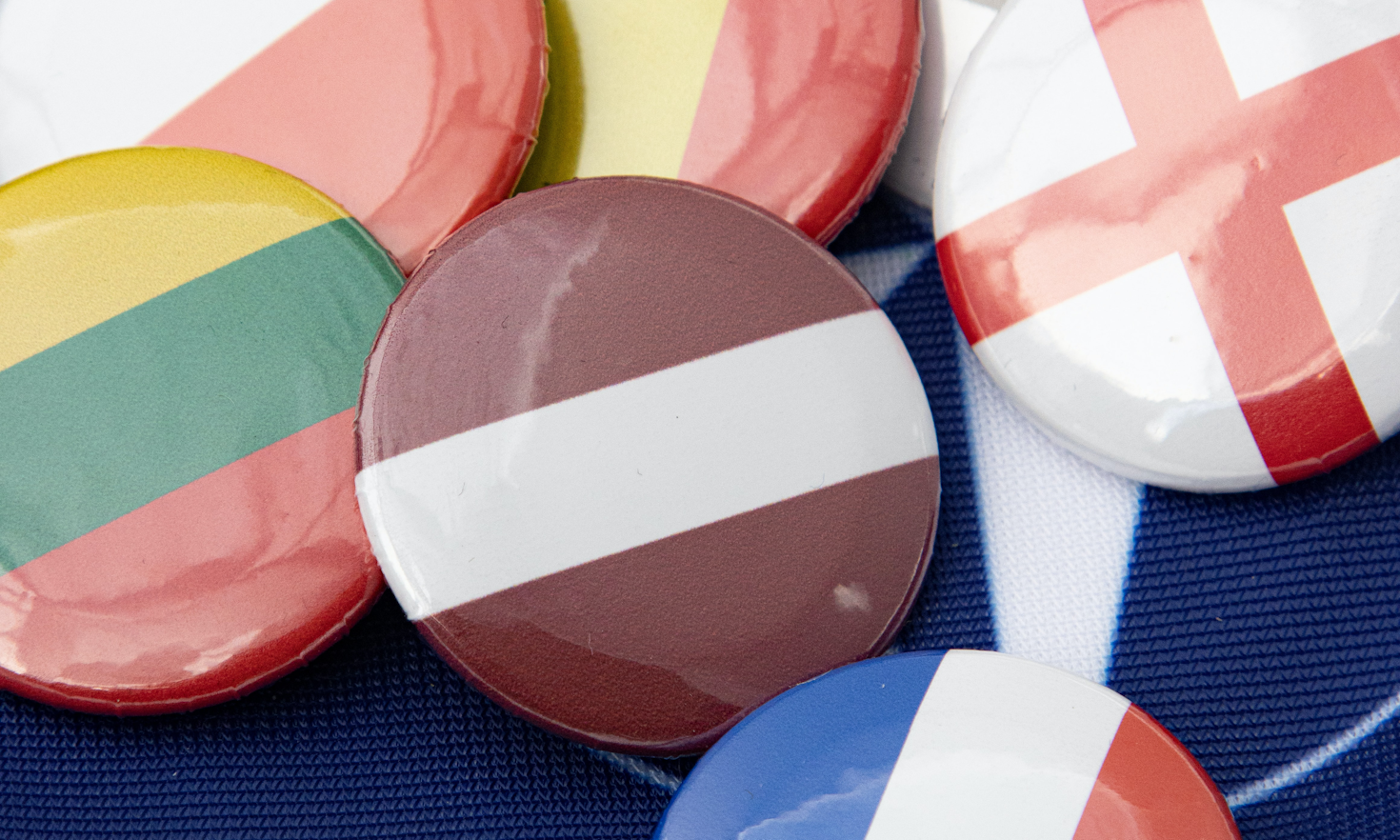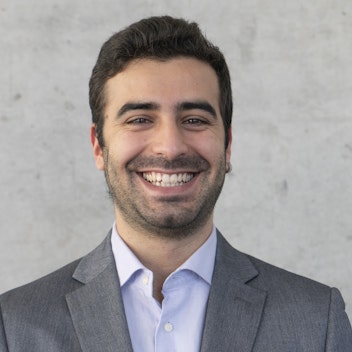The expansion of NATO – what to make of it?

The ongoing Russian invasion of Ukraine has raised many questions in terms of its root causes. The international community as well as public opinion seem not to be in full agreement on who is it to really blame for this crisis and all the atrocities that are taking place. While such a strong international response in support of Ukraine was supposedly unexpected, NATO has understandably found itself at the situation’s forefront assuming the role of guarantor during this crisis. Arguably, after such a long period of peace, NATO had seen its importance gradually fade away. However, as soon as the conflict escalated, it rediscovered its purpose: providing security. It is indeed on this aspect that is worth asking the question: is NATO (and the EU)- due to a gradual enlargement over the years, to be blamed for Russia’s actions? As aforementioned, this debate is still open , and both sides provide arguments in favor of their cause. This is of particular relevance as Finland and Sweden are now starting to move closer to NATO, in the hope of joining the alliance - obviously a polemic matter which does not resound with all actors. Having highlighted this, let us now then attempt to explore the options at hand regarding the factors behind this crisis.
Option 1: NATO is not to be blamed for this situation
NATO was created in an undoubtedly very different context, but its purpose has remained unchanged over time. Providing security and safeguarding democracy, has always been its raison d'être. Its enlargement has been and continues to be driven by international security dynamics, as it has no expansionistic aims per se. Moreover, joining NATO is based on merit and the sharing of common values of democracy, contrarily to the ethnic/geopolitical claims behind Russia’s expansion and attempts of annexation, for instance. Arguing that Europe and NATO have intentionally been cornering Russia is rather counterintuitive. Russia has a history of hostility towards the West, and an even harsher past with the neighboring ex-Soviet Union countries, substantially still considered a rightful part of Russia’s heritage. Additionally, in light of this, if given the chance why would one not desire their country’s safety and freedom to be guaranteed? It could be argued that this entire debate could be more straightforward than its being made. Voices blaming NATO and the West for this situation almost infer that we all should have turned a blind eye on everything Russia has done in the past (not only such as the invasion of Crimea for instance, but also to events even prior to it) just out of fear of provoking a strong reaction from the Russian President. Going even further back, such a stance would imply that NATO should have remained unmoved and arguably ignored everything taking place. The matter at hand however, is the protection of democracy and preservation of peace. Both international and international humanitarian law have been repeatedly ignored, undermining the few guarantees that a country under attack could have. Sovereignty was also trampled in the name of irrational imperialistic and deranged claims made by President Putin, accusing Ukraine of the most brutal actions and calling for its denazification;1 claims which could not be more unfounded and contradictory. Evidently, doing nothing would have entailed become complicit with the aggressor. When attempting to understand the dynamic of this conflict and who is to be blamed, it could be asserted that as a matter of fact, “the reality is that western states do hold some blame for making the invasion possible, but not because of NATO enlargement. By buying Russian energy on Russian terms, western states have effectively facilitated corruption and authoritarianism inside Russia, strengthening Vladimir Putin’s regime despite its treatment of its neighbors.”2
Option 2: NATO has been suffocating Russia over time
The ones that believe that NATO’s enlargement is to be blamed for Russia’s increasing impatience and recent invasion, turn to the facts of the matter. It is argued that the security concerns on the side of Russia are genuine and that for some time now it was made clear that such an attitude would not be tolerated indefinitely.3 Following the disintegration of the Soviet Union and the formation of new countries, which became Russia’s new neighbors, NATO progressively expanded towards Russia. Arguably, the great ideological divide should have been a warning not to poke Russia. Indeed, throughout time there have been several warnings and calls for reconsideration. In 1997 for instance, 50 prominent foreign policy experts signed an open letter to President Clinton, calling for a stop to NATO’s expansion as it was a terrible mistake and would jeopardize the stability of Europe.4 Further evidence of farsighted warnings in terms of NATO’s enlargement consequences can also be found in George Kennan’s words, who in 1998 reacted to the first round of NATO enlargement by declaring: “I think it is the beginning of a new Cold War, […] I think the Russians will gradually react quite adversely and it will affect their policies. I think it is a tragic mistake. There was no reason for this whatsoever. No one was threatening anybody else.5” Looking at today’s situation, one could claim that we had been indeed warned about adopting this stance when dealing with Russia.
So, who is to be blamed?
Acknowledging the geopolitical concerns and dynamics, a deeper reflection is needed in order to attempt to come to a conclusion. While it could be partially true that “we had been warned” about this, coercion should never guide international politics and especially, it should never trample democracy. As aforementioned, the expansion of NATO followed the tides of international politics and stayed faithful to its aim. As Russia’s aggressive and undemocratic behavior has been endangering the stability of Europe for years, the expansion of an alliance of states which aim at guaranteeing peace and security, is nothing more than the natural course. The creation of factions in the face of aggression and hostility is rather normal behavior in international relations and beyond. While arguably the end of the Cold War marked the end of power politics as the dominant paradigm, Russia never fully abandoned such an attitude, and has demonstrated over the years what that entailed. For instance, the consolidation of power in the hands of just one individual, who has been making increasingly stronger threats over time, is enough cause for concerns from the side of considerably smaller, weaker and poorer neighboring states. While nobody is sinless, Russia’s leadership has done nothing but alienate itself from the international community and having personally directed this invasion, Putin only has himself to blame for the situation he finds himself in. All this has resulted in Russia now struggling to keep itself afloat in a deranged and senseless conflict, on the brink of causing worldwide famines and other global crises, while also having effectively impeded the global recovery from the ongoing COVID-19 pandemic.
1 Sweeney, S., 2022. “Has NATO and EU expansion provoked the conflict in Ukraine?”. [Online] Available here.
2 Veidlinger, J., 2022. “Putin’s claim to rid Ukraine of Nazis is especially absurd given its history”. The Conversation, 26 February. [Online] Available here.
3 Stemplowska, Z., 2022. “NATO enlargement is not to blame for Russia’s war in Ukraine”. [Online] Available here.
4 Suny, R., 2022. “Ukraine war follows decades of warnings that NATO expansion into Eastern Europe could provoke Russia”. The Conversation, 24 February. [Online] Available here.
6 Carpenter, T. G., 2022. “Many predicted Nato expansion would lead to war. Those warnings were ignored”. The Guardian, 28 February. [Online] Available here.

Citation
This content is licensed under a Creative Commons Attribution 4.0 International license except for third-party materials or where otherwise noted.






